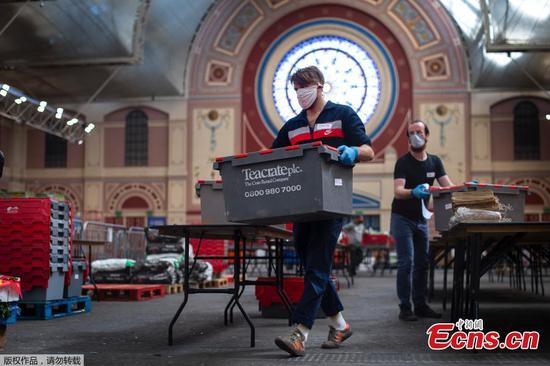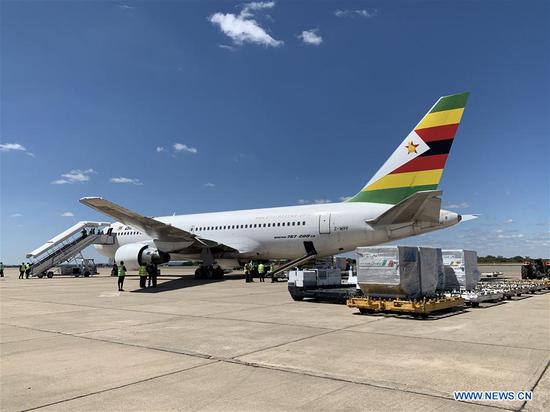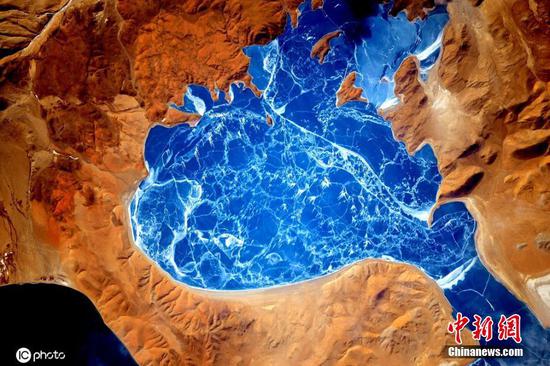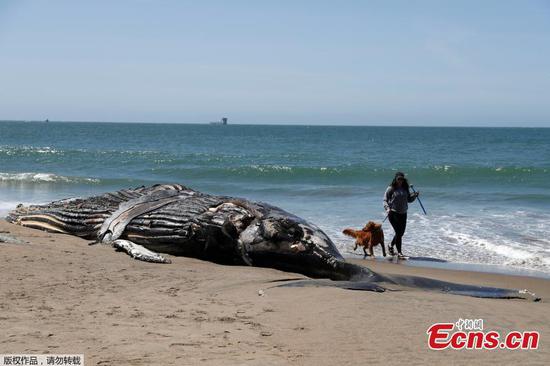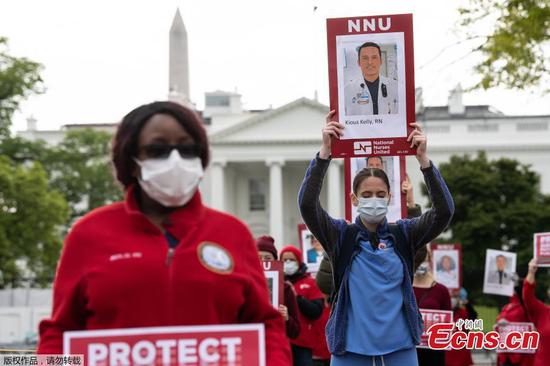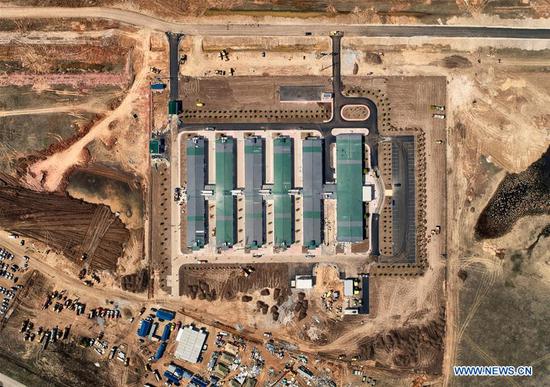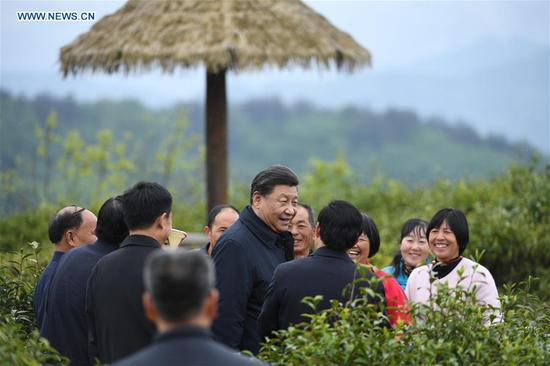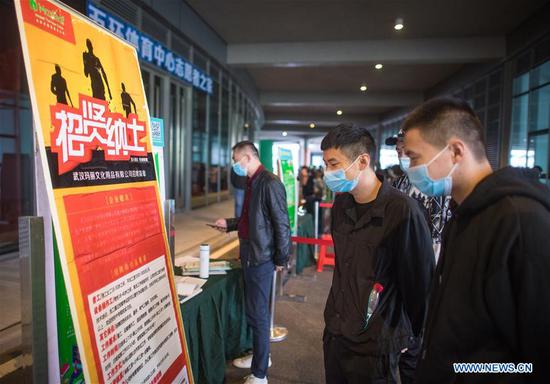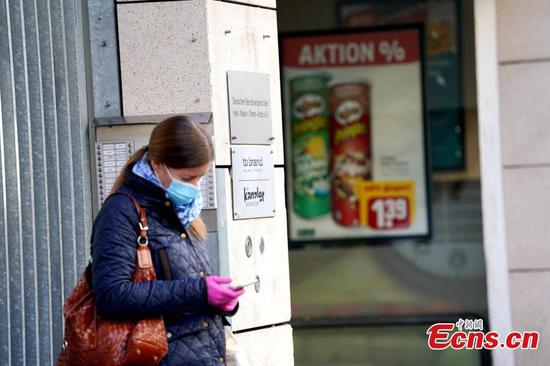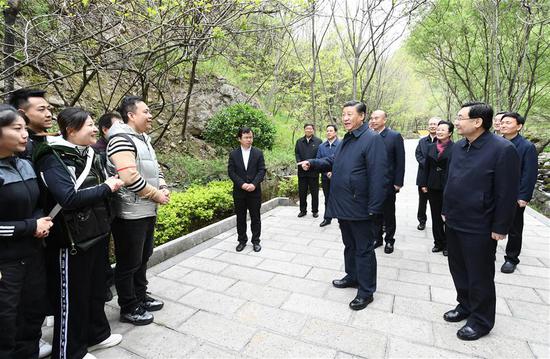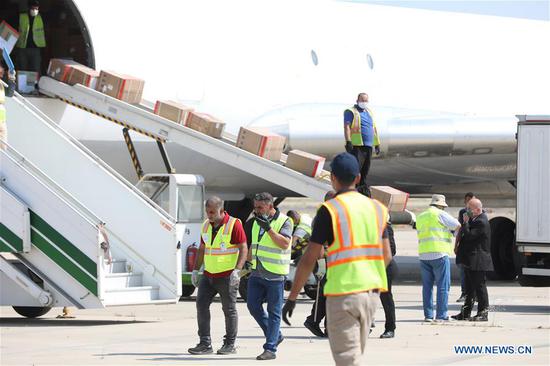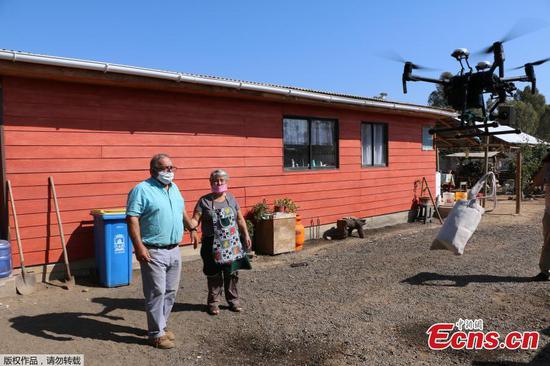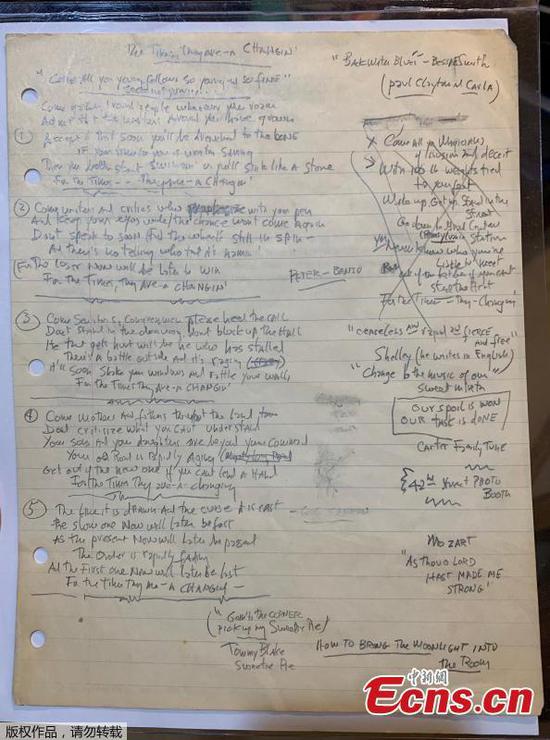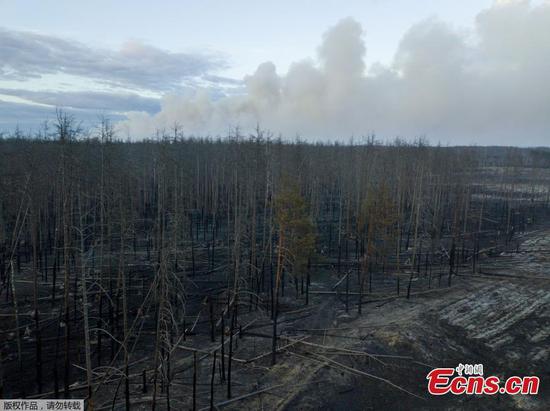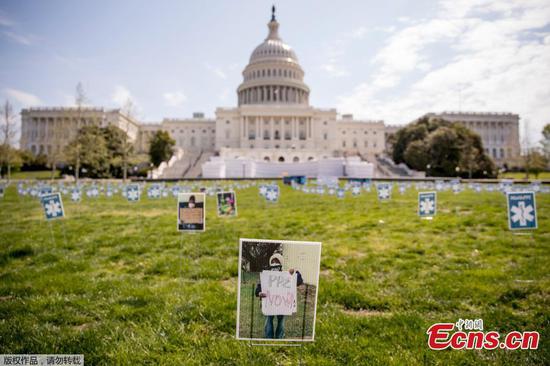The World Health Organization (WHO) had declared COVID-19 a global emergency, the highest level of alert, at the right time, WHO Director-General Tedros Adhanom Ghebreyesus said on Wednesday.
"Looking back, I think we declared an emergency, at the right time... when the rest of the world had enough time to respond," Tedros told a virtual press briefing.
On Jan. 30, the WHO chief declared the outbreak a Public Health Emergency of International Concern (PHEIC), sending the highest level of alarm to the world.
"This is more than two months and 21 days ago, close to three months from now," when "there were only 82 cases and no death" outside China, he recalled.
At that time, what was reported from Europe is ten cases -- five from France, one from Finland, and four from Germany, while no case had been reported yet in Africa, he added, suggesting it was possible to cut transmission chains.
"It is not just one director general who just comes out and declares a global emergency," Tedros explained. "We have experts, representing all over the world, coming together and discussing."
The PHEIC declaration came after a closed-door meeting of the Emergency Committee on the same day, when health experts from around the world were convinced and reached the consensus that the criteria of global emergency were met.
"And that consensus led to a declaration of global emergency from the WHO, which I announced it myself," Tedros concluded.
His remarks came after the United States announced last week a decision to halt the its funding to the WHO, which President Donald Trump accused of "severely mismanaging and covering up the spread of the coronavirus."
On the same occasion, Michael Ryan, executive director of the WHO Health Emergencies Program, explained that "technically the WHO raised its highest level of alert under international law" when it declared the PHEIC on Jan. 30.
He referred to the International Health Regulations 2005, an international legal agreement between all WHO member states.
While the WHO did characterize the COVID-19 as a "pandemic" on March 11, Ryan underlined that "the characterization of the disease as a pandemic in itself has no basis, other than a description of the event at that time, as regards how many countries were affected."









